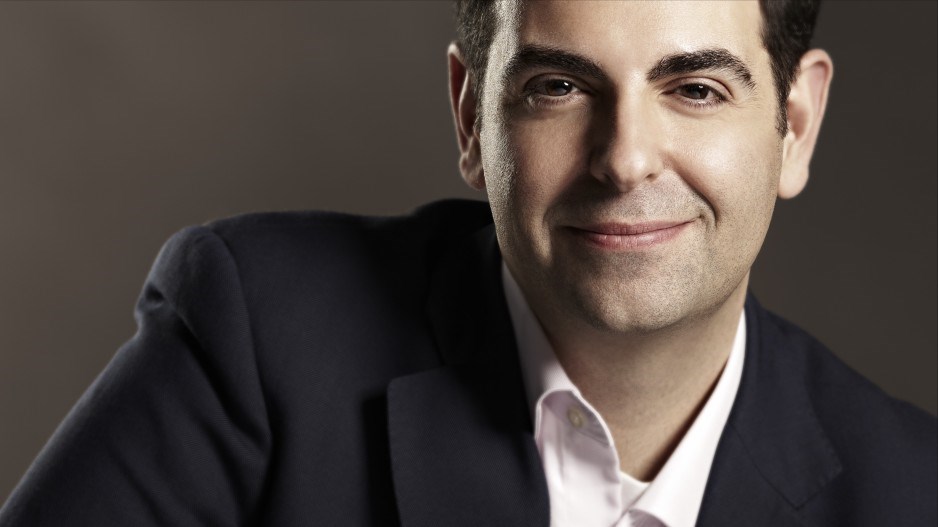Business in Vancouver's "How I Did It" feature asks business leaders to explain in their own words how they achieved a business goal in the face of significant entrepreneurial challenges. In this week's issue, Emir Aboulhosn, co-founder of Roam Mobility, talks about how, despite having no industry experience, he launched a mobile phone service for Canadians visiting the U.S.
"I never worked for anything remotely close to a telecom company in my life prior to this. The whole idea of Roam Mobility came about because I travel frequently. In my last job, I incurred nearly $12,000 in roaming fees one year.
"I decided I wanted to create an alternative service provider for people crossing the border.
"I was armed with a ton of data at the time. I got that by scouring white papers and researching on the Internet, and then by getting the opportunity to talk to industry contacts.
"The metrics were there in terms of identifying a market. There are 60 million visitors to the U.S. every year. About one-third of them are Canadians.
"It came down to: how do you sell service by the day, what features and functionality do you need, and what's the price point that Canadians are willing to pay?
"The next task was finding a partner. We needed a GSM-based solution, so it was going to be T-Mobile US Inc. (NYSE:TMUS) or AT&T Inc. (NYSE:T). AT&T was getting the bulk of the roaming revenue coming out of Canada. They wouldn't be interested in something like this, because it would cost them more money than they would make from it.
"I went to T-Mobile. Over the course of almost a year and a half, I worked with them in developing the business model and putting in a contract. In the middle of it, AT&T tried to buy T-Mobile. Had the AT&T merger gone through, everything would have basically fallen apart.
"Once I had the contract in hand, we were given less than six months to put the network together. At the same time, I was having a lot of trouble getting financing for the company.
"I managed to put together only one-tenth of what was required to launch this kind of service. Where I got lucky is I started to work with some amazing vendors. Later I was able to go to one of the well-known local angel investors in Vancouver.
"When we launched, we were doing mostly direct online. That was intentional. We were very careful. Once we were happy with how everything was operating and how the service was set up, we started to go on a recruitment campaign to set up new retailers. First we got the duty-free retailers. Then we signed up small local dealers across the country that were selling mobile services from other carriers or doing cellphone repairs or unlocking.
"Then we got major retail partners, people like London Drugs Ltd., Staples Inc. (NASDAQ:SPLS) and 7-Eleven Inc. It's been really great growth since then.
"The one thing that always surprises people is how I started a telecom company when I never worked in telecom in all my life. It's one of those examples where the company was built on trying to solve a problem.
"If you find something that you get a passion for, and as a result you become a little obsessive about it, you can figure the business out fairly quickly."




